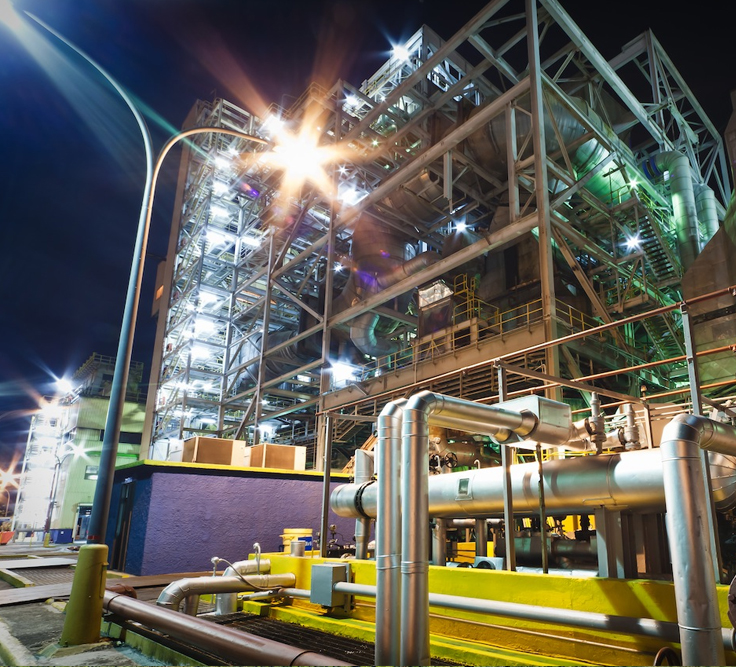
ENERGY
The Dominican electrical market consists of generation, transmission, and distribution-commercialization companies. Companies wishing to develop generation projects must comply with all requirements established in the current regulations of the sector, as well as environmental standards. The transmission system operates based on open access, with regulated transmission charges. The National Interconnected Electrical System (SENI) is composed of a set of generating units, transmission lines, electrical substations, and interconnected distribution lines, allowing for the generation, transportation, and distribution of electricity. It is comprised of the National Energy Commission (CNE), the Electricity Superintendent (SIE), the Coordinating Body (OC), the generation companies, transmission companies (ETED), and distribution companies.
The Cornielle & Cornielle International Legal Center has partners in the United States of America, Europe, Asia, and Latin America, with the primary goal of providing the highest quality services to our clients in defense of their interests.
In 1998, the Cornielle & Cornielle International Legal Center merged with the law firm Pérez Sánchez and Associates, ushering in a new generation of services that combines experienced lawyers with young talent, creating the perfect balance to handle legal matters in any country of the world preferentially.
We work in four (4) languages: Spanish, English, French, and Italian, to ensure that language barriers do not stand in our way. There are no seas, oceans, or borders that distance us from our clients, as we are the only law firm in the Dominican Republic with the ability to travel to any country in the world to get closer to you. We offer our clients air, maritime, and land transportation, providing preferential service throughout the national territory.
INCENTIVES
Reduction to 5% of the tax on interest payments for external financing, according to article 306 of the Tax Code.
Fiscal incentive for self-producers: Depending on the renewable energy technology associated with each project, a credit of up to 40% of the equipment investment cost is granted as a single income tax credit to owners or tenants of residential, commercial, or industrial properties who switch to or expand renewable energy systems for their private energy self-consumption, provided that their projects have been approved by the competent authorities.
All social interest institutions (community organizations, producer associations, registered and incorporated cooperatives) wishing to develop small-scale renewable energy sources (up to 500KW) for community use will have access to financing funds at the lowest market rates for development projects, up to 75% of the total cost of the construction and installation.
